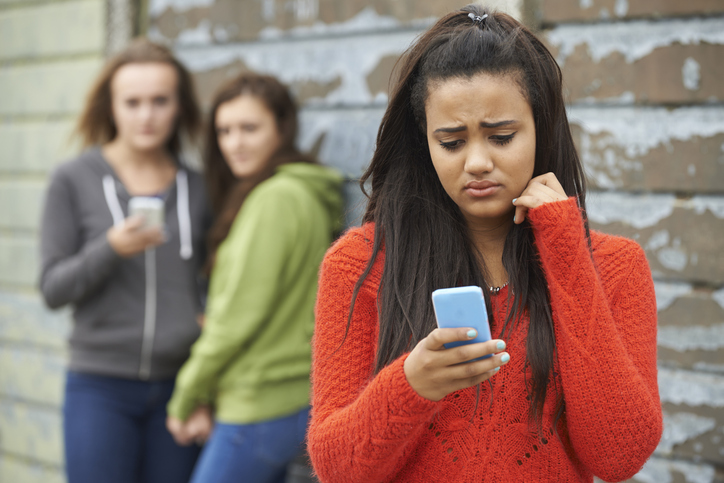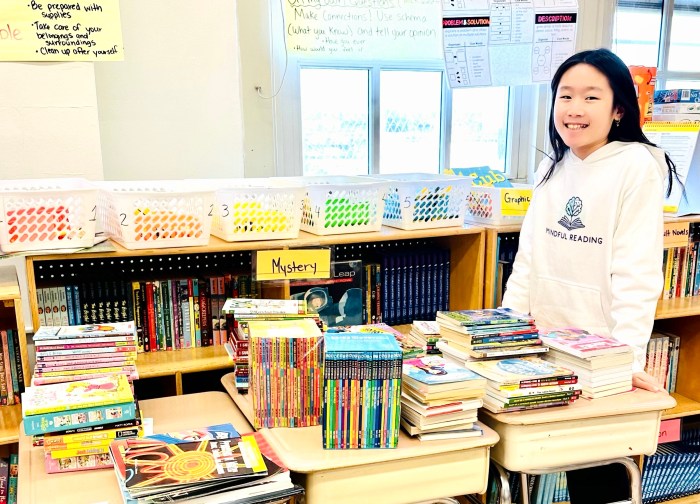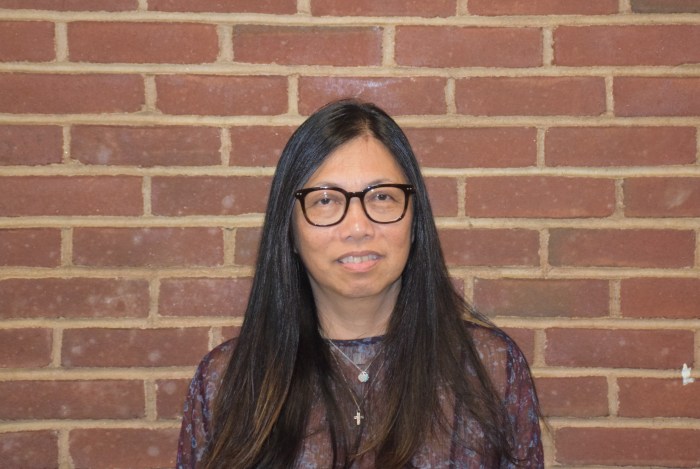When Katie Schumacher heard her children’s middle school principal explain the many problems that social media was bringing into the school, the former teacher took it as a call to action.
Following the orientation in 2013 at South Side Middle School in Rockville Centre where her then-11-year-old twins attended, she asked the school’s administrators if she could present to the students a list of rules in the hopes of lessening the incidents in the school. That was the start of the Don’t Press Send Pledge, a list of social media guidelines for children.
“As a parent and educator, I was disheartened,” she recalls. “Social media created an unsafe environment and unkindness. Rules were needed.”
She presented her ideas to other schools and organizations locally. And thus, in 2013, Don’t Press Send was born. The mission of the DPS campaign then and now is to provide guidelines and strategies for kind and careful online communication — in other words, creating cyber civics.
“With social media as their main means of communication, children’s social and emotional development is at risk,” she says. “Building strong self-esteem is nearly impossible when one compares their life day in and day out to others because of the transparency of social media. It creates an unhealthy attachment to the validation of their peers.
“In addition, the level of cruelness tends to be higher due to many factors, including the lack of empathy that is caused by the screen itself,” she continues. “Without body language to guide our words, our children are less thoughtful or careful with the words they put out for all to see.”
Schumacher couldn’t sit by silently stewing.

“We can’t turn a blind eye to what is happening to our children growing up in the world of social media,” she says. “The statistics are alarming, with a 200 percent increase in suicide between the ages of 10 and 14. This is our generation’s battle.”
Word spread about Schumacher’s work and she began speaking in other communities around Long Island. Over the last few years, she has spoken to students from elementary schools to colleges, as well as doing parent workshops and professional staff development. She believes the TED Talk she gave in 2017 at Adelphi University led to engagements in places such as New Jersey, Connecticut, Massachusetts, Maryland, and Texas.
In 2016, she published Don’t Press Send: A Mindful Approach to Social Media, An Education in Cyber Civics, which is available on Amazon. Her work also expanded to include Project Feel Good, which teaches students coping skills including breathing exercises and meditation as well as the practice of setting intentions, focusing on gratitude, and creating a support team. Journaling is encouraged. Three years ago, the Don’t Press Send Pledge was released in app form.
“It is the first thing parents should download on any new forum,” she says. “It has been downloaded in 28 countries.”
What does she hope all her efforts will yield? That students will feel safe on social media and be mindful that screens can create an emotional disconnect.
“I tell students at each presentation that they should ask themselves, ‘How would this make me feel if I received it?’” she says. “I then tell them to put their hand on their stomach and listen to their gut/intuition that is also getting weakened by the screen. I tell them, if it feels wrong, it is wrong. Your moral compass is telling you something, listen to it.”
For more information visit dontpresssend.org, dontpresssendbook.com, dontpresssendtedtalk.com or dontpresssendapp.com































